If Grand Alliance wins, Nitish will be the new VP Singh
Fri 06 Nov 2015, 16:40:13
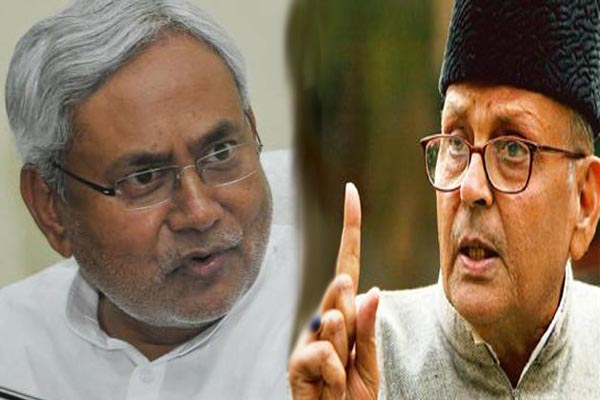
Those who do not know history are condemned to repeat it. Bihar Chief Minister Nitish Kumar’s own understanding of political history is profound. Yet he would be forced to repeat history if he wins this election.Kumar owes his rise in politics to the emergence of the Like VP Singh, Nitish Kumar would earn enough political capital after his victory to bring together disparate political groups on the anti-Modi platform. He would certainly emerge as a leader who is tried and tested in a complex state like Bihar.The post Bihar results: If Grand Alliance wins, Nitish will be the new VP Singh, but Narendra Modi is not Rajiv Gandhi appeared first on Firstpost. While this was at play, he won the Lok Sabha election from Barh, his first, and got the status of a junior minister in the central government. His parliamentary skills and oratory were given due recognition by senior leaders who found him a cut above the rest of his generation, including Lalu Prasad.Nitish Kumar and Narendra Modi in file photos. PTI VP Singh was extremely fond of Nitish Kumar. Though not a dyed-in-the-wool socialist, Singh after his rebellion against Rajiv Gandhi became a rallying point for all anti-Congress forces and brought together a unique experiment in Indian politics by stitching a coalition involving the Left parties and the BJP. He tended to explain his patently opportunistic political moves as “tactical”. Nitish Kumar as Singh’s understudy not only learnt those tricks but also imbibed its underlying message: in politics there are no enemies and friends.This brief political background is significant to unravelling Kumar’s complex politics. As he decided to part company with the BJP after 17 years on the issue of anointment of Narendra Modi as the party’s prime ministerial candidate in 2013, Kumar was confident of the limited appeal of the Modi wave. “This is a wave created by blower,” he would say in his meetings. Given his long association with BJP leaders, he was given to understand that the Gujarat strongman was less than welcome in the Brahmanical fold of the RSS and established leadership of the BJP. Modi defied all political logic and surged ahead in 2014 Lok Sabha polls.A humbled Nitish Kumar immediately went into hibernation after handing over the rein to an apparently “supplicant and meek” colleague Jitan Ram Manjhi. He spent this period in introspection, toured all over the country and consulted political leaders to devise a new strategy. He was
quick to realise the futility of resisting Modi at a time when the latter was at his peak. In the meantime, he found no hesitation in winning over his arch-rival in state politics Lalu Prasad.
He tried to do a VP Singh by attempting a coalition of regional satraps, but the effort came a cropper. Mulayam Singh Yadav, Mayawati and Left parties did not find Nitish Kumar consequential enough to merit their support. This is the precise reason all these parties fielded candidates in Bihar against his wish.There is little doubt that Nitish Kumar’s victory in the assembly elections would substantially change the political dynamics of the country. He would emerge as a rallying point for the forces which are ranged against the BJP in general and Prime Minister Narendra Modi in particular. There is enough indication that Congress vice president Rahul Gandhi is more than eager to cede the leadership ground to Nitish Kumar. In one of his private meetings at Delhi — it preceded declaration of Nitish Kumar as chief minister — Rahul Gandhi reposed his confidence in him by saying, “We trust your leadership”. In his meetings in Bihar, he explained it further by saying, “I want to work with Nitish ji”.Like VP Singh, Nitish Kumar would earn enough political capital after his victory to bring together disparate political groups on the anti-Modi platform. He would certainly emerge as a leader who is tried and tested in a complex state like Bihar. With the Congress gradually getting marginalised in the Hindi heartland, the party seems more than willing to play second fiddle to him. This is akin to the situation in 1988 when the BJP conceded primacy to VP Singh but maintained its distinct identity. Later the Left parties too joined the VP Singh bandwagon and extended help.Though the two situations follow a familiar pattern, history repeats itself with variations in the present case. Unlike Rajiv Gandhi who had lost popularity after his image was besmirched by the Bofors pay-off and HDW submarine deals, Modi still retains his popularity and charm among people. His 18-month regime may have been accused of sluggishness but there is no corruption taint so far. What makes Modi markedly different from Rajiv Gandhi is the exhaustive and deep political grounding through which Modi has emerged. Like Nitish Kumar he also rose from the ranks and faced stiff resistance at every stage of his political evolution. He is certainly not oblivious to the gathering storm around Delhi.
quick to realise the futility of resisting Modi at a time when the latter was at his peak. In the meantime, he found no hesitation in winning over his arch-rival in state politics Lalu Prasad.
He tried to do a VP Singh by attempting a coalition of regional satraps, but the effort came a cropper. Mulayam Singh Yadav, Mayawati and Left parties did not find Nitish Kumar consequential enough to merit their support. This is the precise reason all these parties fielded candidates in Bihar against his wish.There is little doubt that Nitish Kumar’s victory in the assembly elections would substantially change the political dynamics of the country. He would emerge as a rallying point for the forces which are ranged against the BJP in general and Prime Minister Narendra Modi in particular. There is enough indication that Congress vice president Rahul Gandhi is more than eager to cede the leadership ground to Nitish Kumar. In one of his private meetings at Delhi — it preceded declaration of Nitish Kumar as chief minister — Rahul Gandhi reposed his confidence in him by saying, “We trust your leadership”. In his meetings in Bihar, he explained it further by saying, “I want to work with Nitish ji”.Like VP Singh, Nitish Kumar would earn enough political capital after his victory to bring together disparate political groups on the anti-Modi platform. He would certainly emerge as a leader who is tried and tested in a complex state like Bihar. With the Congress gradually getting marginalised in the Hindi heartland, the party seems more than willing to play second fiddle to him. This is akin to the situation in 1988 when the BJP conceded primacy to VP Singh but maintained its distinct identity. Later the Left parties too joined the VP Singh bandwagon and extended help.Though the two situations follow a familiar pattern, history repeats itself with variations in the present case. Unlike Rajiv Gandhi who had lost popularity after his image was besmirched by the Bofors pay-off and HDW submarine deals, Modi still retains his popularity and charm among people. His 18-month regime may have been accused of sluggishness but there is no corruption taint so far. What makes Modi markedly different from Rajiv Gandhi is the exhaustive and deep political grounding through which Modi has emerged. Like Nitish Kumar he also rose from the ranks and faced stiff resistance at every stage of his political evolution. He is certainly not oblivious to the gathering storm around Delhi.
No Comments For This Post, Be first to write a Comment.
Most viewed from Specials
Most viewed from World
AIMIM News
Latest Urdu News
Most Viewed
May 26, 2020
Should there be an India-Pakistan cricket match or not?
Latest Videos View All
Like Us
Home
About Us
Advertise With Us
All Polls
Epaper Archives
Privacy Policy
Contact Us
Download Etemaad App
© 2026 Etemaad Daily News, All Rights Reserved.

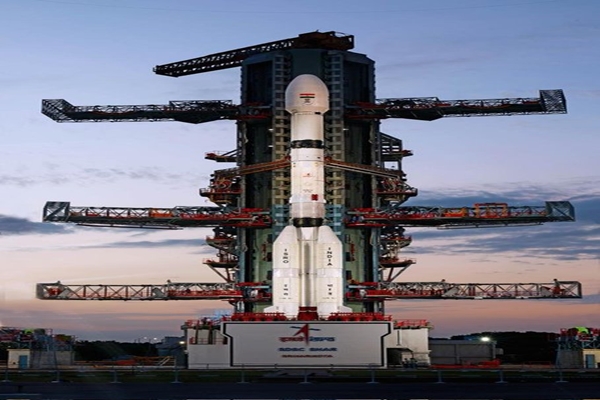
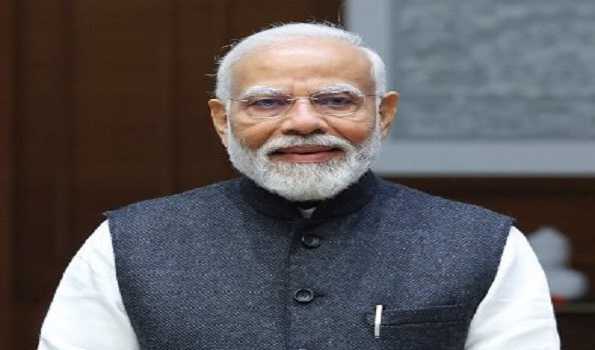
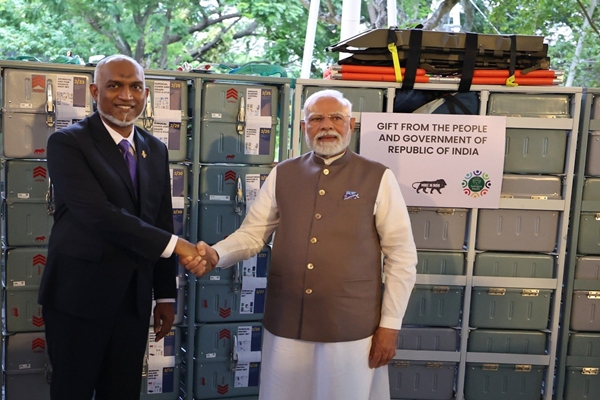
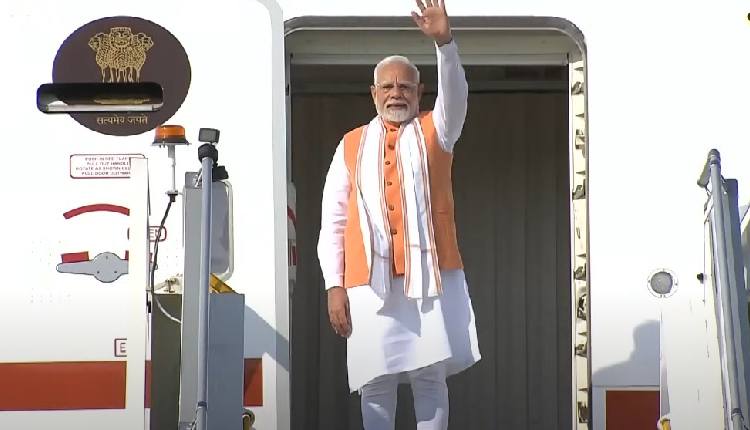
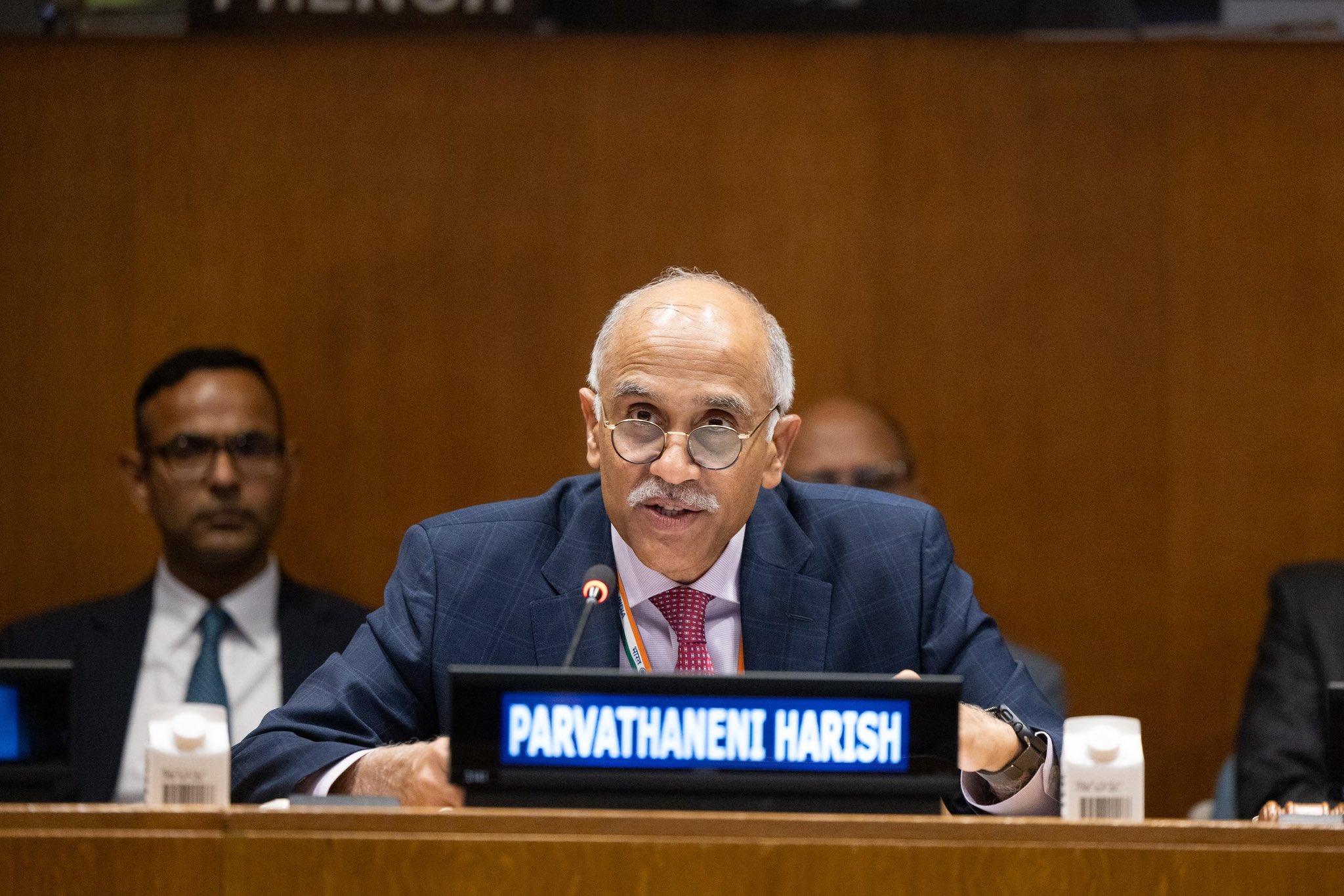
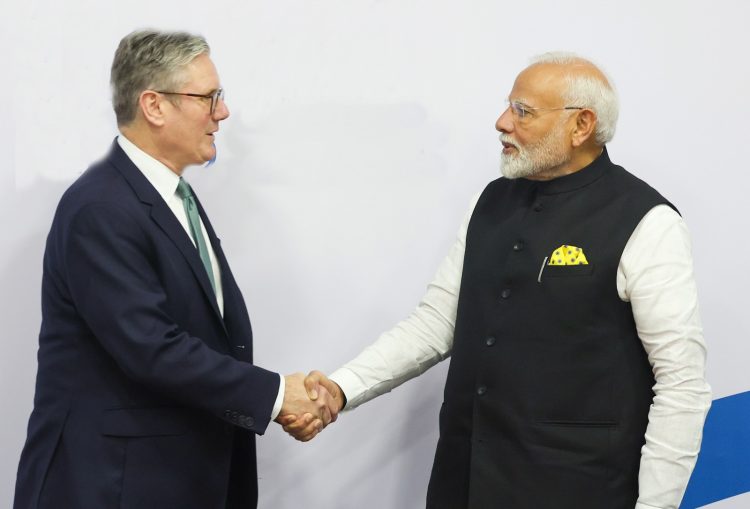
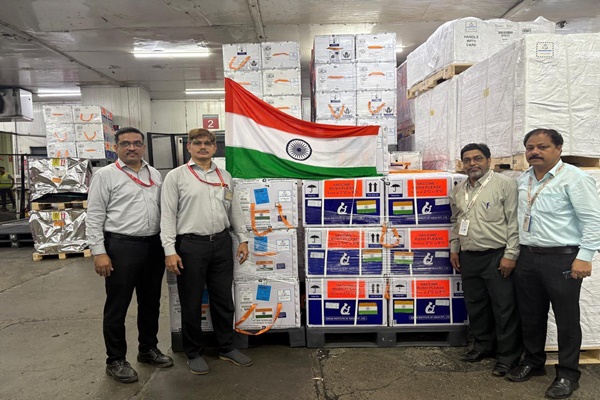
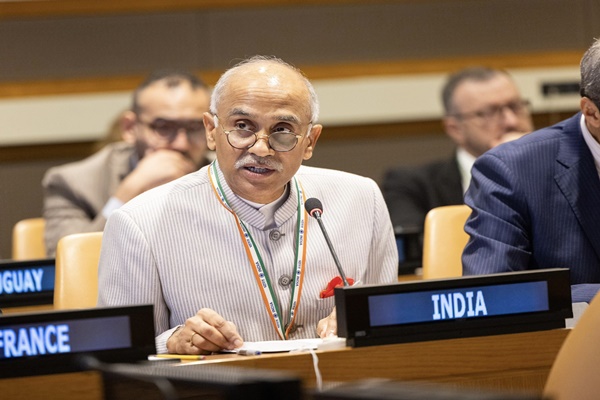
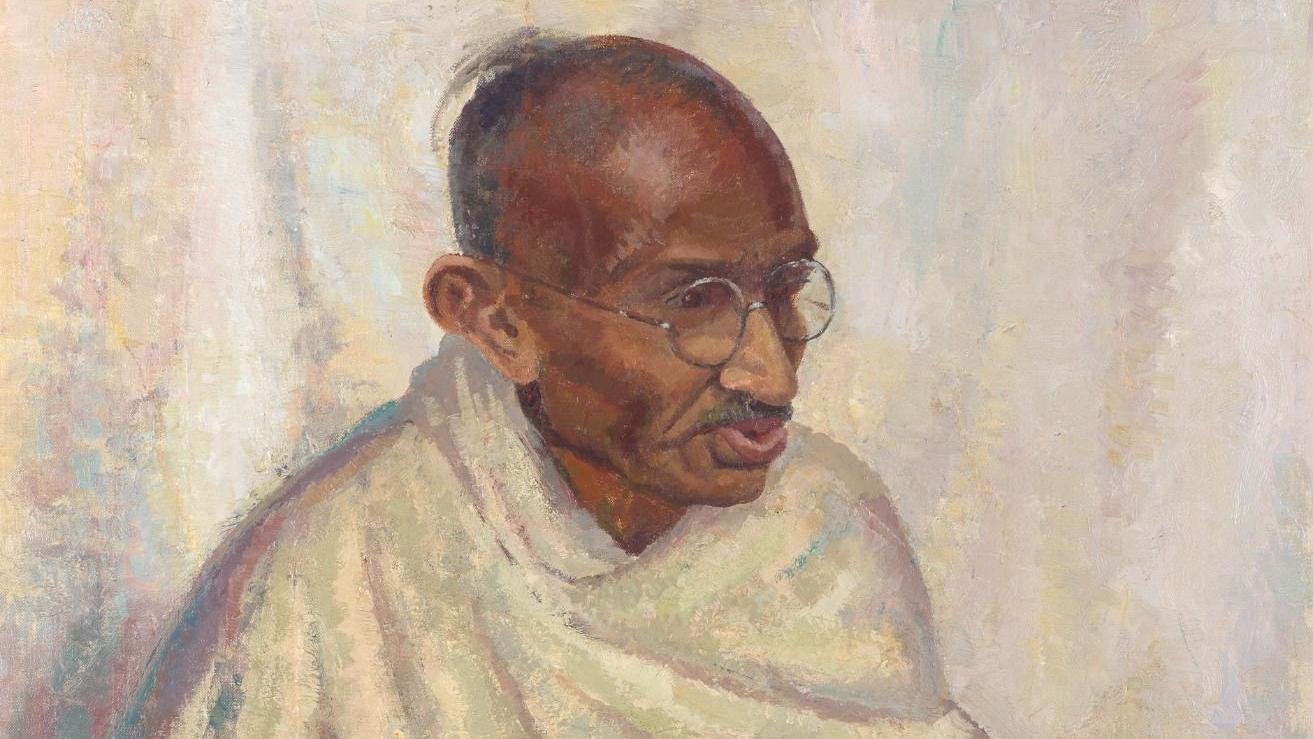
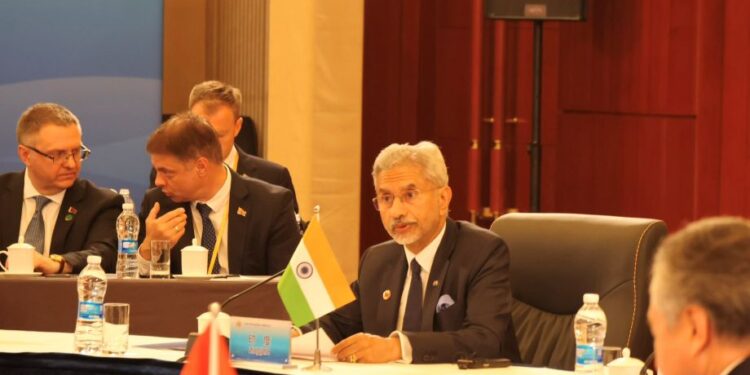
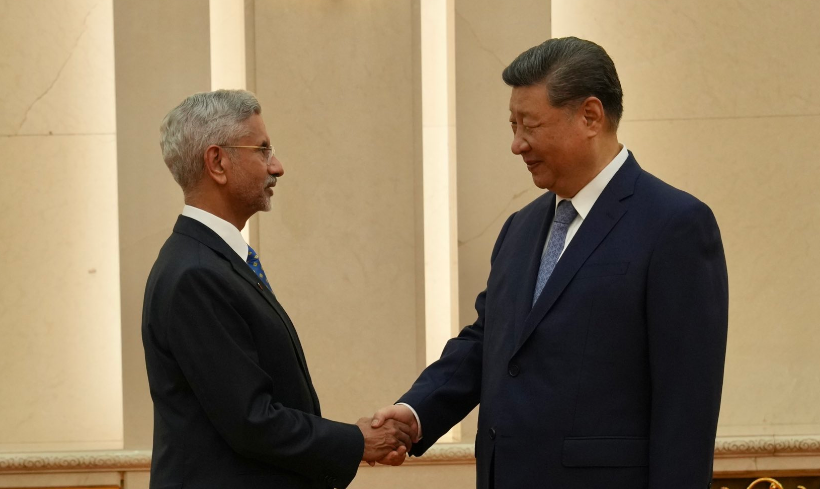
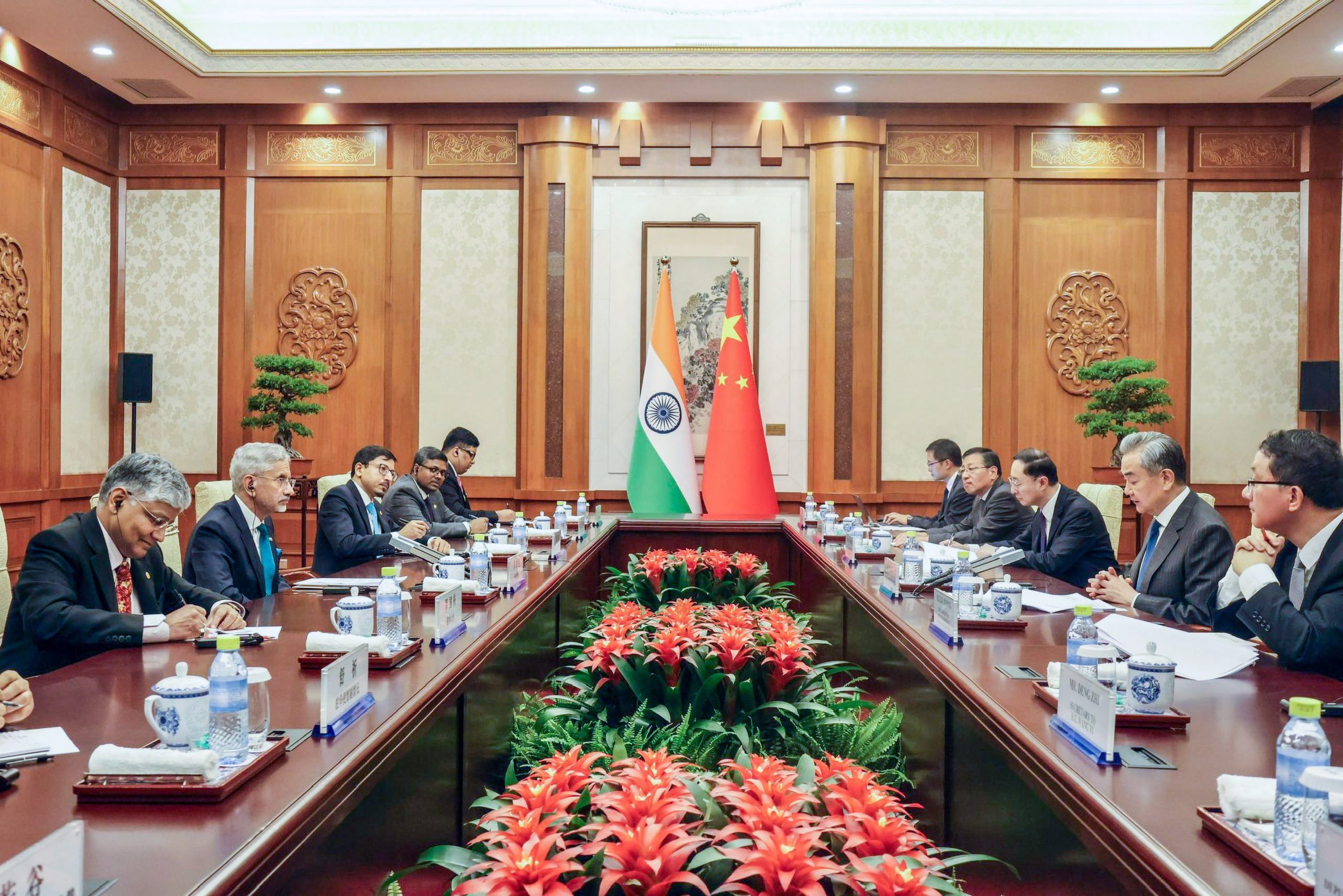








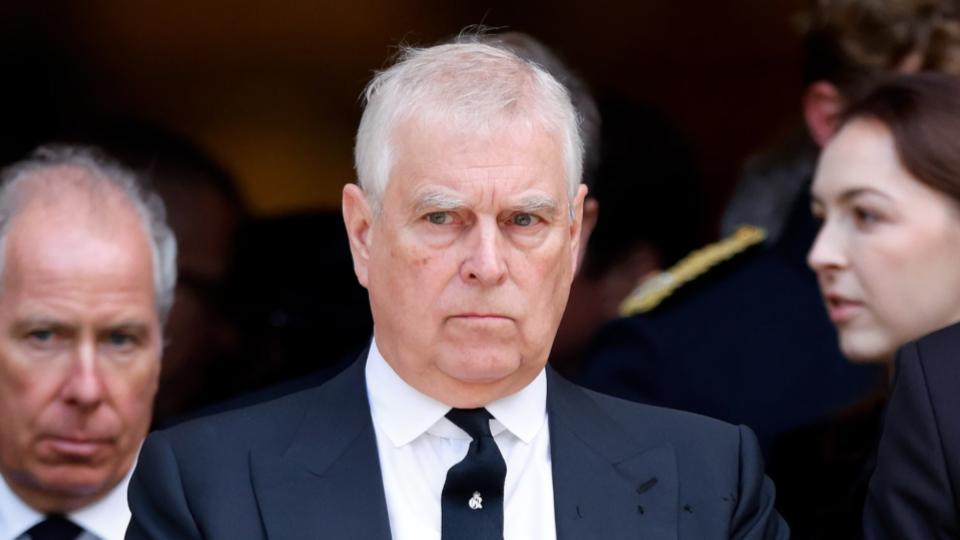
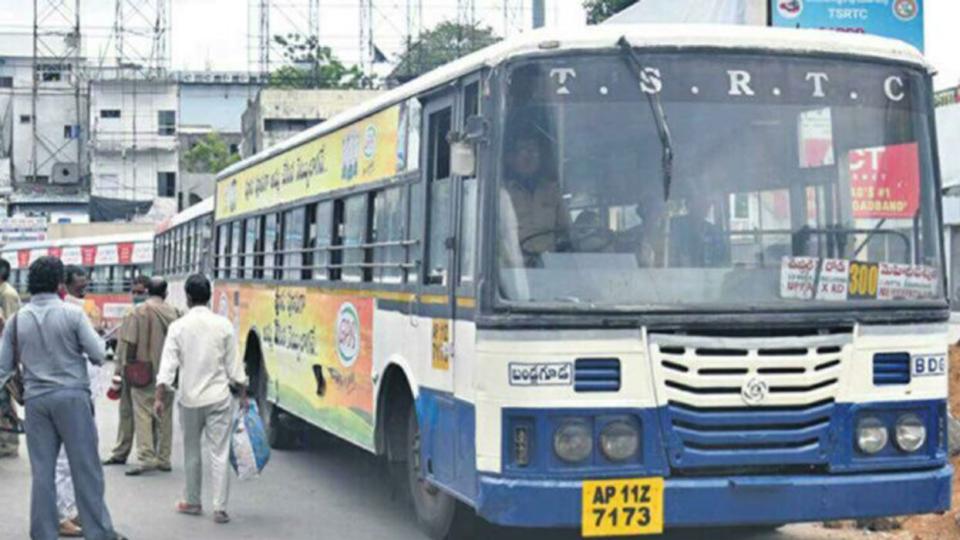
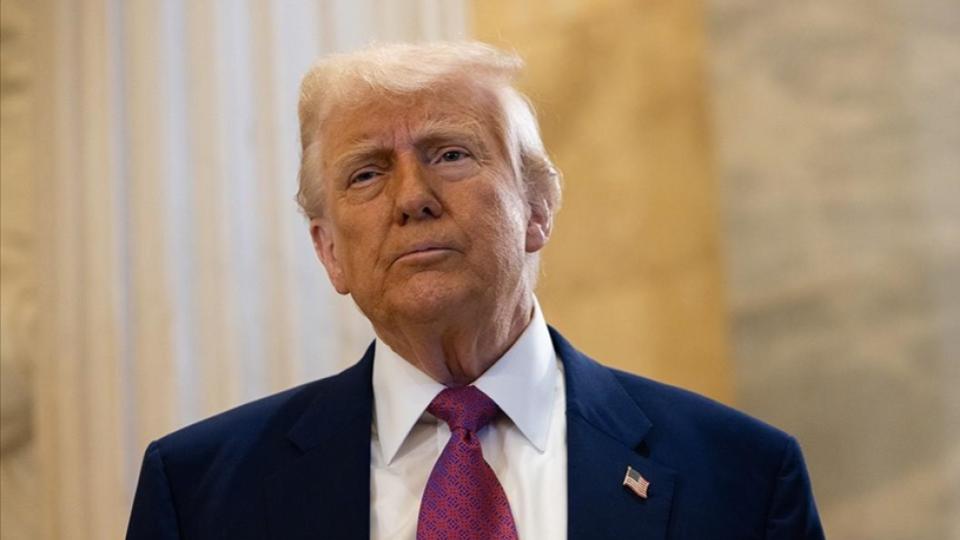
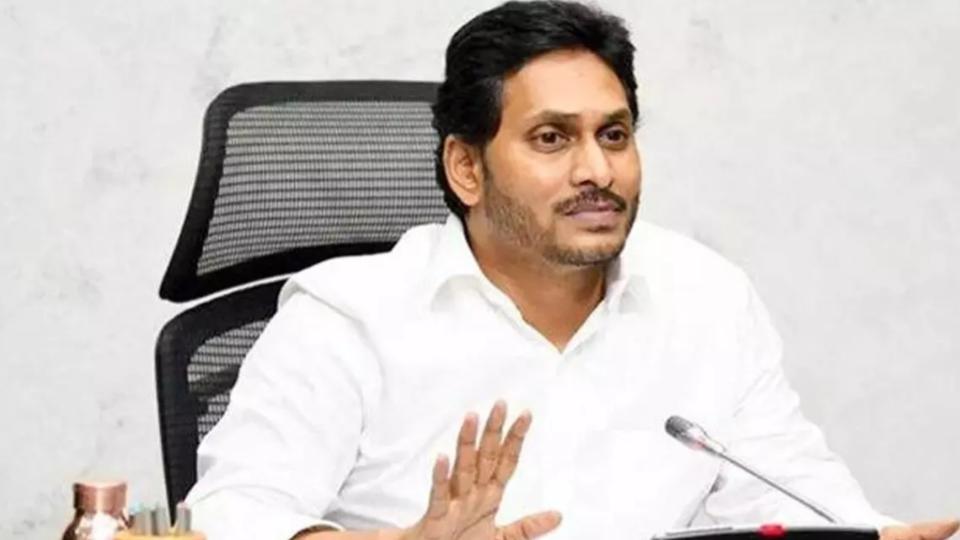

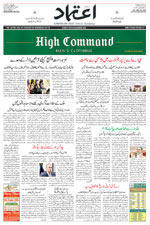










.jpg)
.jpg)
.jpg)


